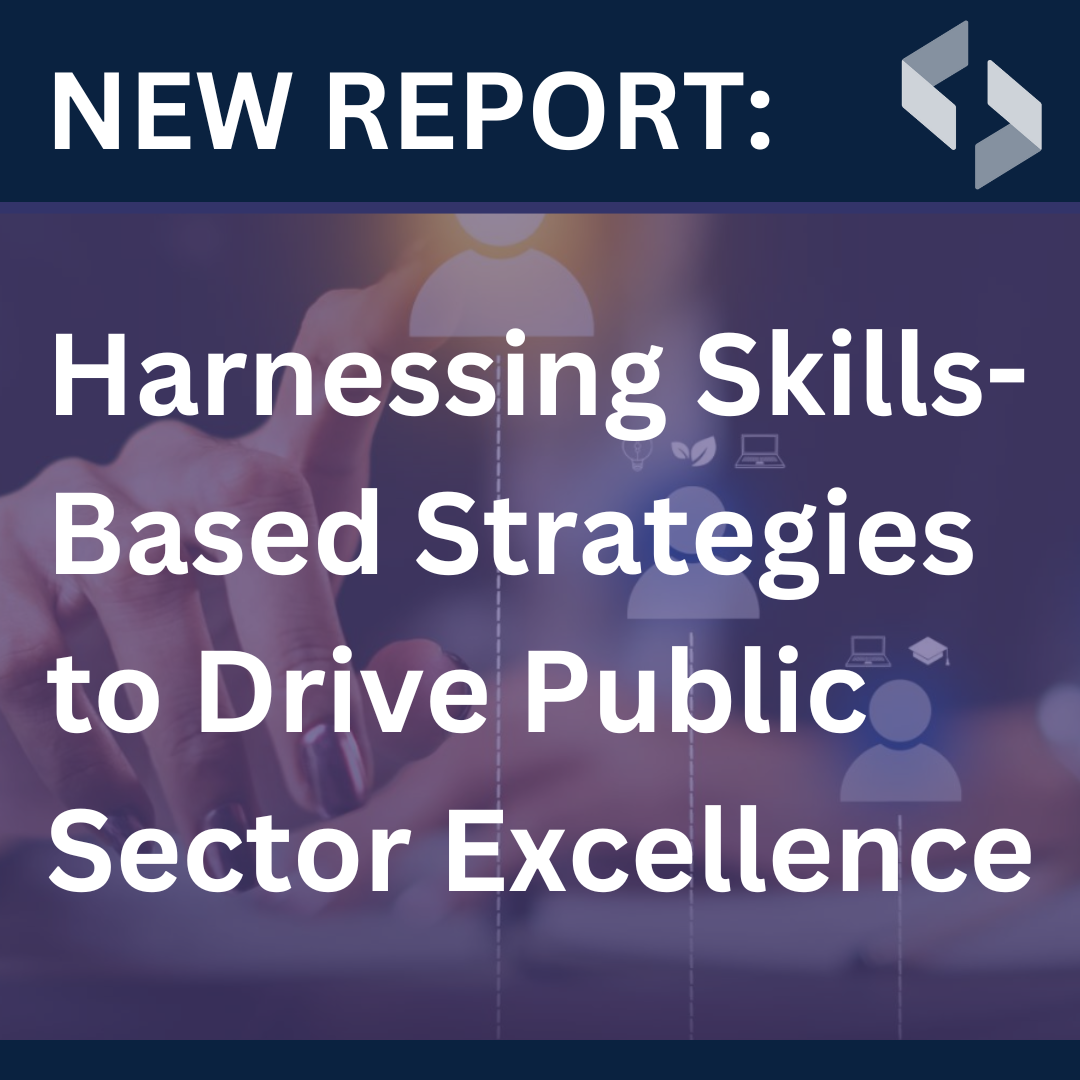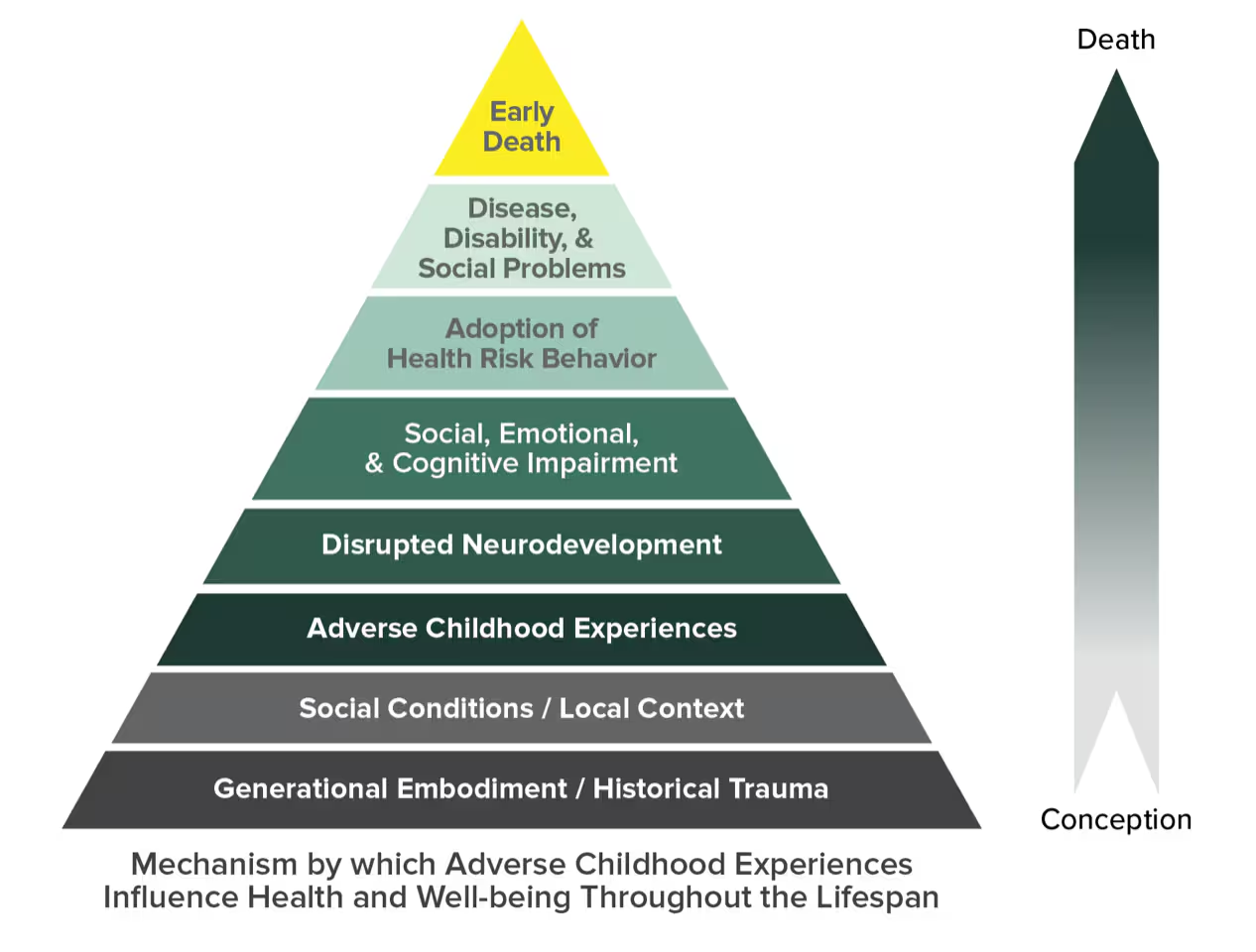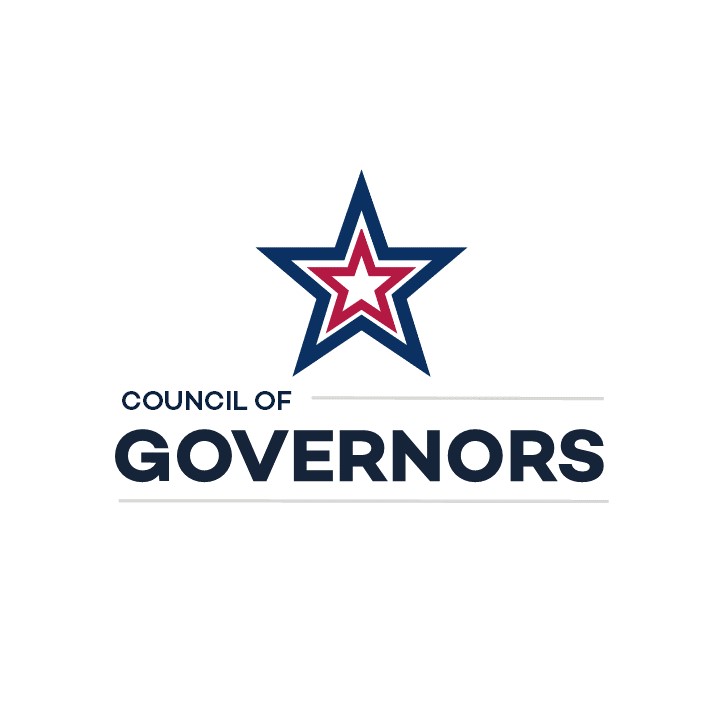Even as millions of job vacancies go unfilled, millions of working-age people are either unemployed, unable to make ends meet with their paycheck, or sidelined from the labor market by barriers that keep them from getting or keeping a good job. These barriers range from a lack of access to essential work supports — like childcare or transportation, challenges associated with having been convicted of a crime, difficulty with mental health or substance use — to structural barriers to starting a job such as rigid licensing regulations.
Strengthening the American workforce and supporting people who have barriers to employment were a central focus of the National Governors Association (NGA) 2023 Winter Meeting and the 2023 Winter Workforce Symposium, both held in Washington, D.C., in February. While Governors and state workforce system leaders discussed a wide range of barriers and solutions during these meetings, two Governors – New Hampshire Governor Chris Sununu and Kansas Governor Laura Kelly – highlighted high-impact programs serving populations that face unique challenges who are often sidelined when it comes to work, economic mobility, and an improved quality of life: People struggling with substance use disorders and returning service members and their families.
Promoting Individual Wellness for Workers Recovering from Substance Use Disorder
Substance misuse is common across the United States and has a significant economic impact. One in seven Americans aged 12 or older reports experiencing a substance use disorder. Data from the National Survey on Drug Use and Health reveals that about 9 percent of employed adults have a substance use disorder (SUD), and a similar number are in recovery or have recovered from a SUD. These individuals need employment to maintain a living but may require extra support to thrive in a work environment.
To tackle this epidemic, Governor Sununu launched the Recovery Friendly Workplace Initiative in New Hampshire in 2018 to assist the estimated 60,000 state residents recovering from addiction. In the year prior to the launch of this initiative, the annual economic cost of substance misuse in New Hampshire was estimated to be $2.36 billion, a cost largely incurred by businesses experiencing poor worker productivity and absenteeism. Despite the pervasiveness of substance use disorders, stigma around addiction persists in communities, families, and in the workplace, often leading to a lack of support for those in recovery. Inadequate workplace support for individuals in recovery results in lower employee satisfaction and retention.
Individuals with substance use disorders need stable employment to continue their path to recovery, and a supportive workplace can improve their well-being and performance. The goal of Recovery Friendly Workplaces is to promote worker well-being by providing workplaces with addiction and behavioral health education in order to recruit and retain a healthier, more motivated workforce. With grant funds from the U.S. Department of Labor and $1.5 million from the state, participating workplaces have access to free training on how to create a recovery- friendly culture, advisors to help meet customized business needs, and access to relevant community resources.
The Initiative is more important now than ever, as the Society for Human Resource Management reported alcohol and drug use increased by about 30 percent during the COVID-19 pandemic. Governor Sununu also highlighted the Initiative and its expansion across the country in his 2023 Budget Address – 25 states and 35 entities have now adopted the Initiative, with employers reporting less turnover, increased morale and productivity, and improved communication.
“The Recovery Friendly Workplace Initiative is going national and we in New Hampshire are doubling our efforts here to help ensure everyone with this disease has a chance to work and contribute.”
Governor Chris Sununu
Simplifying the Job Search for Service Members and Military Spouses
Careers in education, healthcare, law, social services and many others require a license or certification. A 2015 report from the Bureau of Labor Statistics shows nearly one-quarter of Americans require a license to do their job. About 23 percent of workers hold an occupational license and 25.5 percent hold either a license or certification, many of which are state-issued. Though licenses can offer health and safety protections to consumers while increasing wages for the workers who obtain them, the licensing process and requirements can be costly, inefficient, and highly varied from state to state even for the same occupation.
Service members and military spouses are in a unique position compared to other Americans; they move across state lines more frequently and are more likely to work in licensed professions like education or health care. In fact, about 15 percent of military spouses move across state lines annually, and one-third of these spouses hold a state-issued license. In general, state licensure requirements vary widely, ranging from an estimated four months to fulfill the requirements for the average occupational license in Pennsylvania, to about two years on average in Hawaii. Needing to obtain a new occupational license when moving to a new state can be burdensome with the varied requirements states impose, including testing, fees, and education or training attainment. Having to wait to be re-credentialed to work is onerous and may inhibit economic mobility.
The Alliance for States Providing Interoperable Reciprocity (ASPIRE), launched by technology company Merit, aims to streamline state licensing and credential laws to support the needs of military families. ASPIRE creates credential reciprocity among states, making it easier for members of the military and their spouses to work, thereby widening the labor market for employers across participating states. Kansas Governor Laura Kelly announced at the NGA Winter Meeting that she is the first Governor to join ASPIRE, noting their focus on building a robust digital infrastructure for license and credential reciprocity for the military community. As Kansas is home to over 20,000 active-duty service members and their families, Governor Kelly is committed to reducing the burden on workers and reducing economic costs that result from having vacant positions.
“I would encourage my colleagues to really give serious consideration to joining in with ASPIRE because I think the more that we create compacts and arrangements between our states using the same platform, it’ll make it easier for all of those military families.”
Governor Laura Kelly
As states continue seeking ways to reduce barriers to entering the workforce, initiatives that help address the unique barriers faced by specific groups are critical, including initiatives like these focused on individuals in recovery and service members and military spouses. Governor Sununu’s Recovery Friendly Workplace Initiative and Governor Kelly’s participation in ASPIRE allow people a greater opportunity to get a good job, be economically self-sufficient, and continue developing their careers. Other Governors can learn more about their peers’ work in these areas by visiting www.recoveryfriendlyworkplace.com/otherstates and www.merits.com/reciprocity.
This article was developed by Katie Nichols, Policy Coordinator, NGA Center for Best Practices. The biannual NGA Workforce Symposium is hosted by NGA’s Workforce Development & Economic Policy program as part of its Workforce Development Technical Assistance Program. These meetings convene two affiliate networks of the NGA Center for Best Practices: the National Association of State Workforce Board Chairs and the National Association of State Liaisons for Workforce Development Partnerships. The next Symposium will be hosted in Fargo, North Dakota, in August 2023. For more information about the Workforce Development Technical Assistance Program or the affiliate networks, please contact our Workforce Development and Economic Policy team at: workforcedevelopment@nga.org













